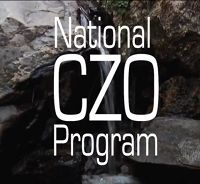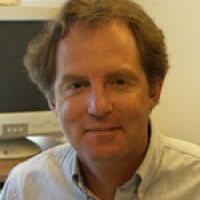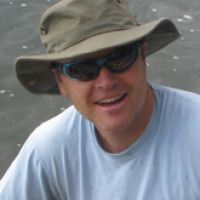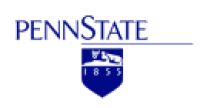CZO National Office announced
The study of what earth scientists call the “critical zone” – the area where rock, water, soil, organisms and the atmosphere meet – is expanding with a National Science Foundation grant awarded to Cornell University to establish a Critical Zone Observatory National Office (CZONO).
Recently expanded to 10 sites, the NSF's CZO program has been upgraded with a national office to enable further coordination between the sites. Cornell’s Louis Derry, professor of earth and atmospheric sciences, is lead scientist in the effort. “The goal of this program is to focus on some of the fundamental science questions in linking hydrology, geology, soil forming processes and plant biology,” Derry said.
“The goal of this program is to focus on some of the fundamental science questions in linking hydrology, geology, soil forming processes and plant biology,” Derry said.
The newly expanded CZONO will develop scientific and educational linkages among the observatory science teams. Fundamental questions about controls on soil, water and landscape development will be explored as well as tested across the network in ways that couldn’t be addressed in any single location, according to Derry. It is meant to be a community resource that brings ideas together and to support research that couldn’t be done within a solitary program.
The CZONO includes collaborators Rob Ross and Don Duggan-Haas of Ithaca’s Paleontological Research Institution/Museum of the Earth, who will lead K-12 outreach and education efforts, and Tim White of Penn State University, who will lead coordination efforts.
News Category:
RESEARCH |
INFRASTRUCTURE |
EDUCATION/OUTREACH
Explore Further





